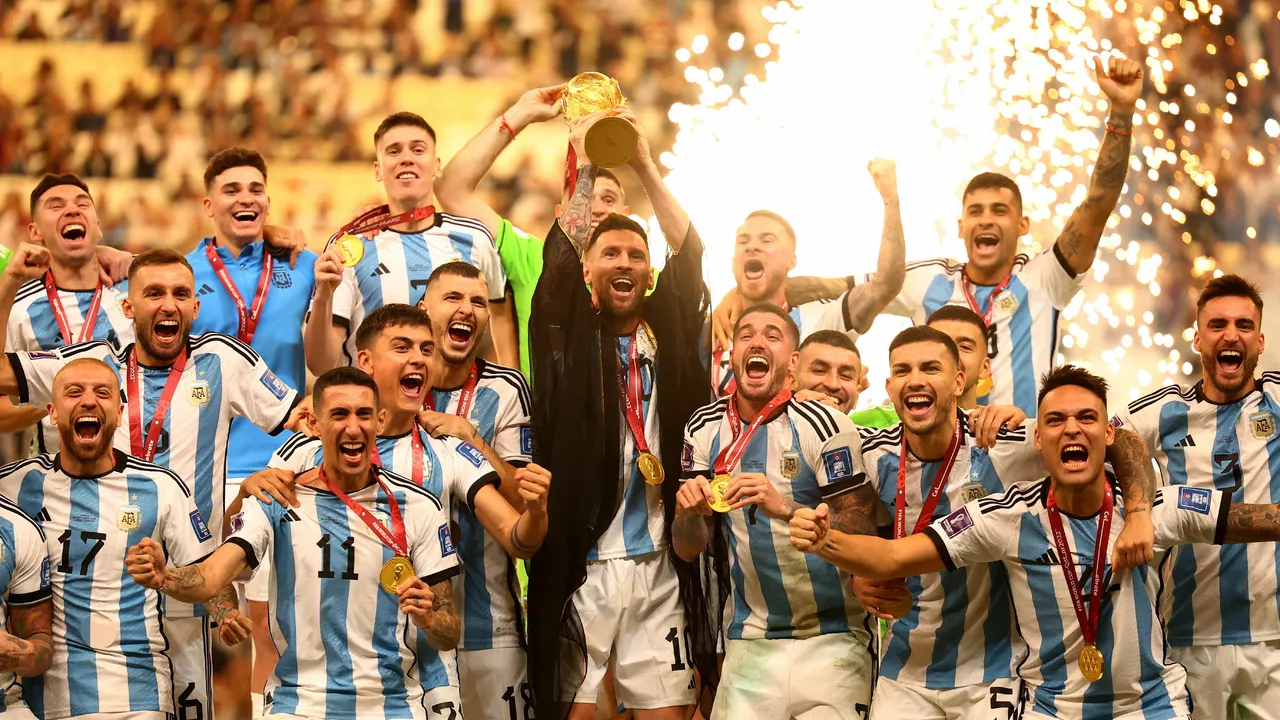Strong Teams – What Makes a Football Squad Dominant?
Ever wonder why some clubs seem unbeatable while others struggle to string together wins? It isn’t magic – it’s a mix of talent, tactics, mindset, and a solid club culture. Below we break down the core ingredients of a strong team and give Layton Juniors FC real‑world steps to lift their game.
Key Traits of Strong Teams
First off, a strong team has a clear identity. Whether it’s the high‑press of Liverpool or the possession style of Barcelona, players know the game plan inside out. This clarity helps each member understand their role and reduces on‑field confusion.
Second, depth matters. The Charlton vs Millwall derby showed how a red card can swing momentum – a squad with quality substitutes can absorb that shock. Look at clubs that keep a rotating roster of capable players; injuries or suspensions rarely derail their season.
Third, leadership on and off the pitch is non‑negotiable. Captains who communicate, coaches who adjust tactics mid‑game, and a board that supports long‑term growth create an environment where success is expected. The drama of the South London derby reminded us that mental edge often decides tight matches.
Fourth, consistent training standards build chemistry. Teams that rehearse set pieces, defensive shapes, and transition drills together develop a sixth‑sense for each other’s movements. That’s why youth clubs focus on regular, purposeful sessions rather than just occasional scrimmages.
How Layton Juniors Can Build a Strong Squad
Start with a simple skill audit. Use the same approach you’d take when stretching new cleats – test comfort, fit, and performance. Record each player’s strengths (speed, ball control, vision) and note where they need work.
Next, set a shared playing philosophy. Pick a style that matches the talent you have – maybe a quick counter‑attack for a fast forward line, or a patient build‑up if you have strong midfielders. Communicate this vision in every training, so every kid knows what’s expected.
Build depth by rotating the squad in friendly matches. Just like a car’s spare tyre, a backup player who’s received game time can step in without losing rhythm. Keep a small pool of versatile players who can cover multiple positions.
Invest in leadership early. Assign a senior U‑14 player as a mentor for the younger group. Encourage them to lead warm‑ups, speak up during tactics talks, and model a positive attitude. This trick works at any level, from grassroots to professional leagues.
Finally, track progress like a sports analyst. After each match, note what worked (e.g., a successful high press) and what didn’t (e.g., a misplaced pass that led to a goal). Use those notes to adjust the next training session. Over time, you’ll see patterns that point to a stronger, more cohesive unit.
Strong teams don’t appear overnight. They’re forged through clear identity, depth, leadership, and smart training. Apply these principles at Layton Juniors, and you’ll watch your squad become the kind of side that can hold its own against any opponent – even in a heated derby.
 Sports Analysis
Sports Analysis
Whose team is very strong in the FIFA World Cup 2022?
In anticipation of FIFA World Cup 2022, many have been debating about which team is the strongest contender. Based on current discussions, teams such as Brazil, France, and Germany are frequently mentioned due to their impressive roster of players and historic performances. However, the beauty of football lies in its unpredictability, and any team could surprise us. Personally, I'm keeping an eye on underdogs that have been showing promising performances recently. Can't wait to see the action unfold on the pitch!
Continue Reading